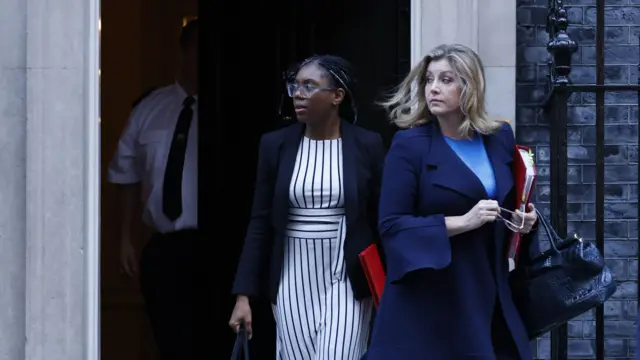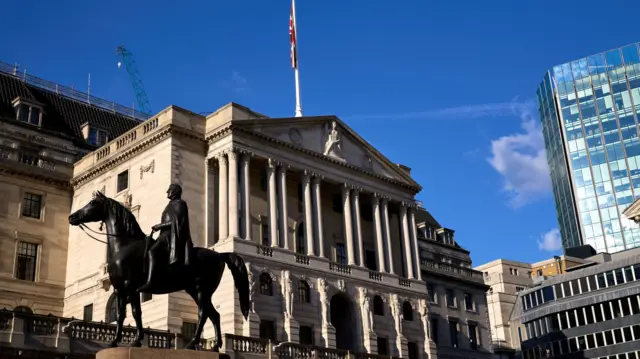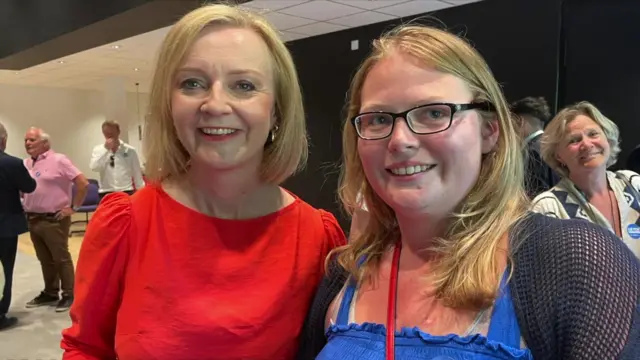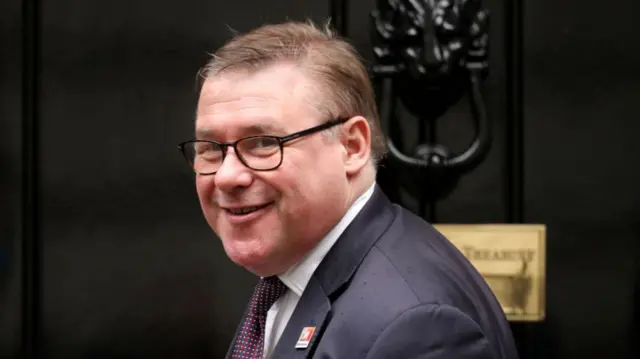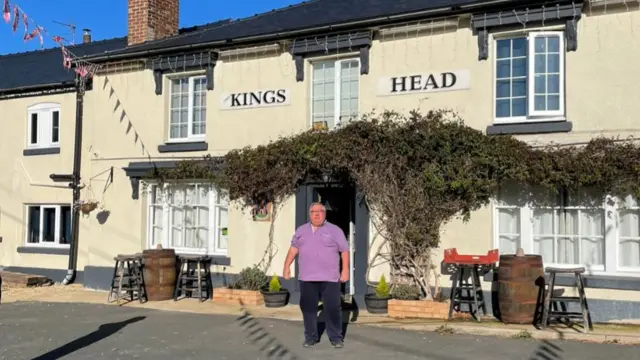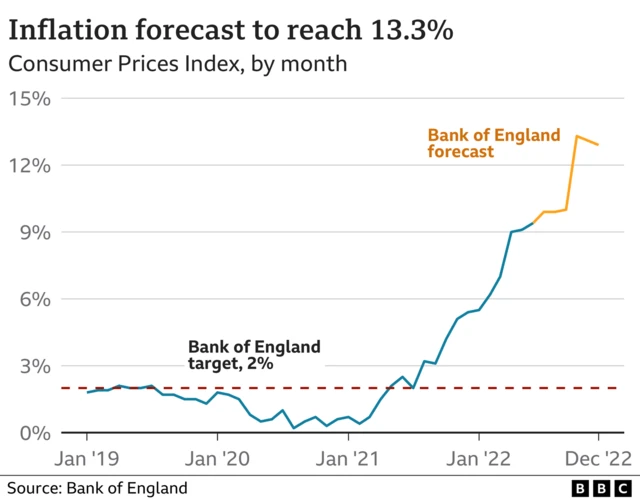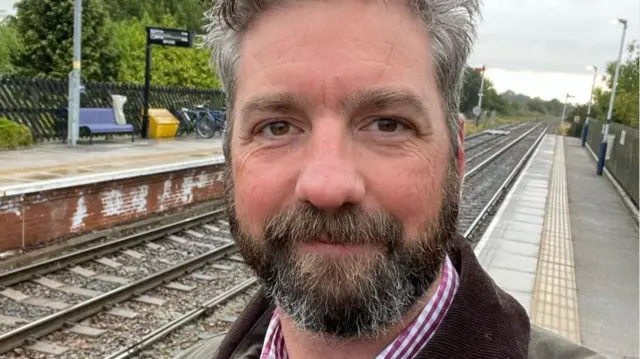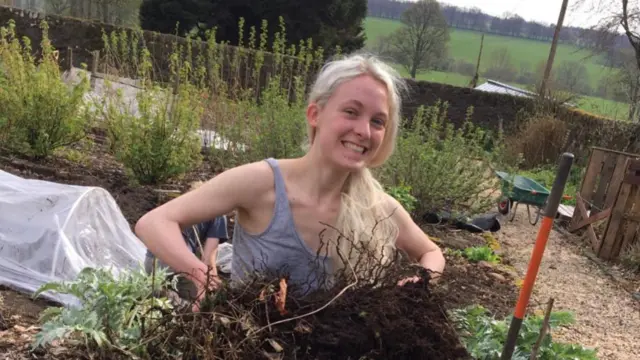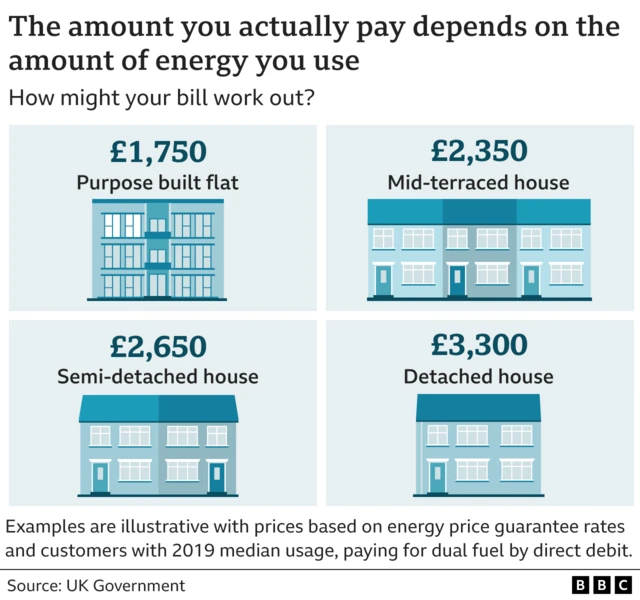Thanks for joining uspublished at 20:43 BST 18 October 2022
We're going to leave our live coverage here for today - catch up with all the key developments in our main story here.
Today's updates were written by Aoife Walsh, Jack Burgess, Adam Durbin, Alys Davies, Emily McGarvey, Imogen James, and Becky Morton.
The page was edited by Emma Owen, Claudia Allen, Alexandra Fouché, and Dulcie Lee.
